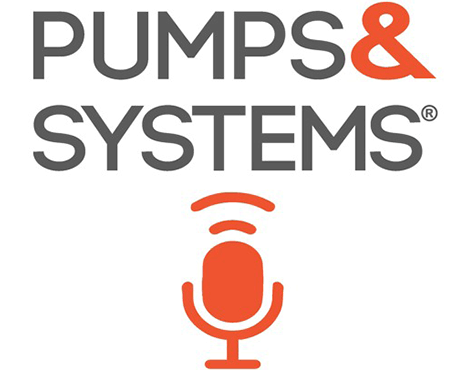What benefits besides reducing energy consumption can be achieved with an advanced ULC?
Pumps & Systems
02/26/2019

Listen to the podcast on SoundCloud, Apple (iTunes) or Stitcher.
All episodes of the Pumps & Systems podcast will be on pumpsandsystems.com/podcasts

